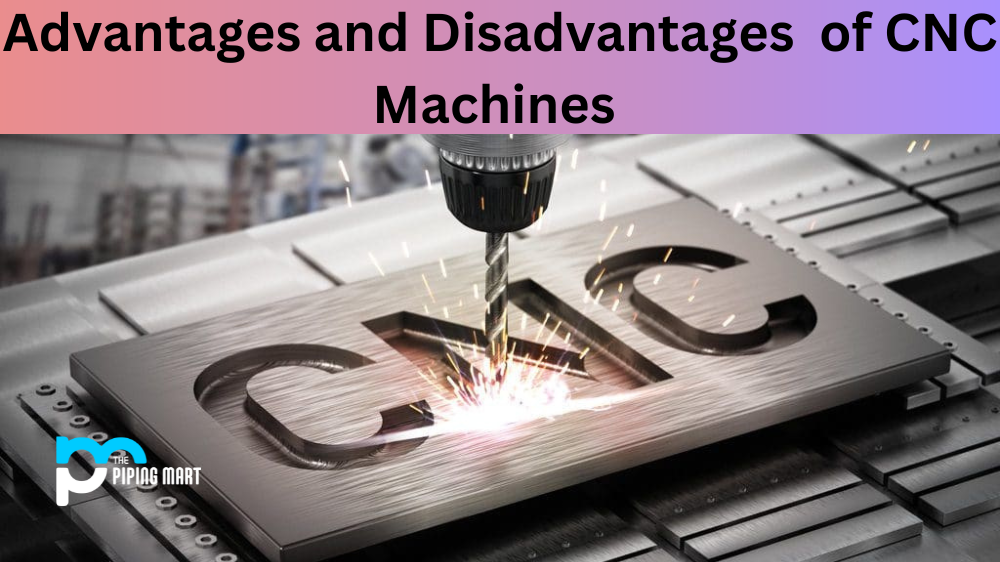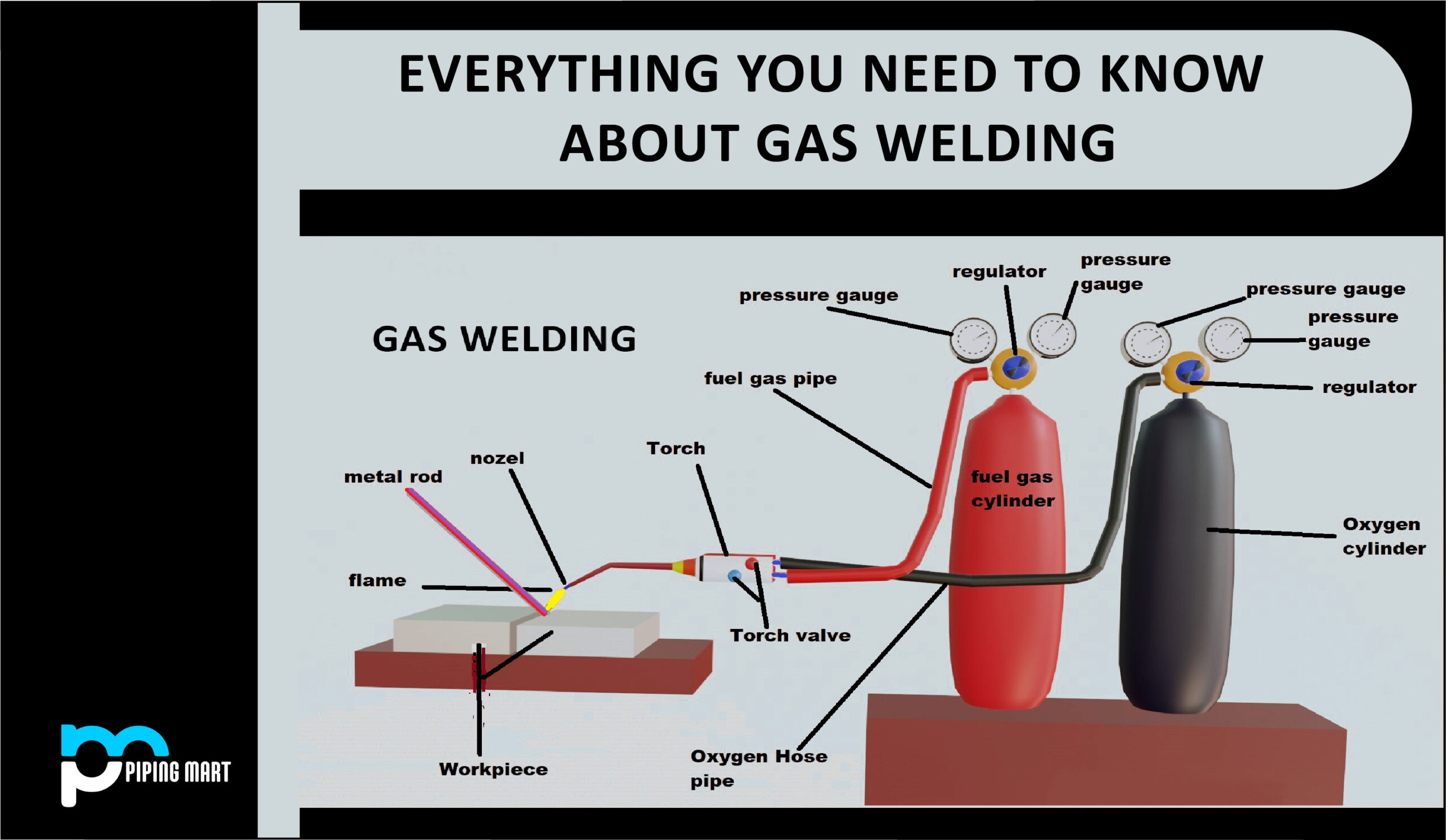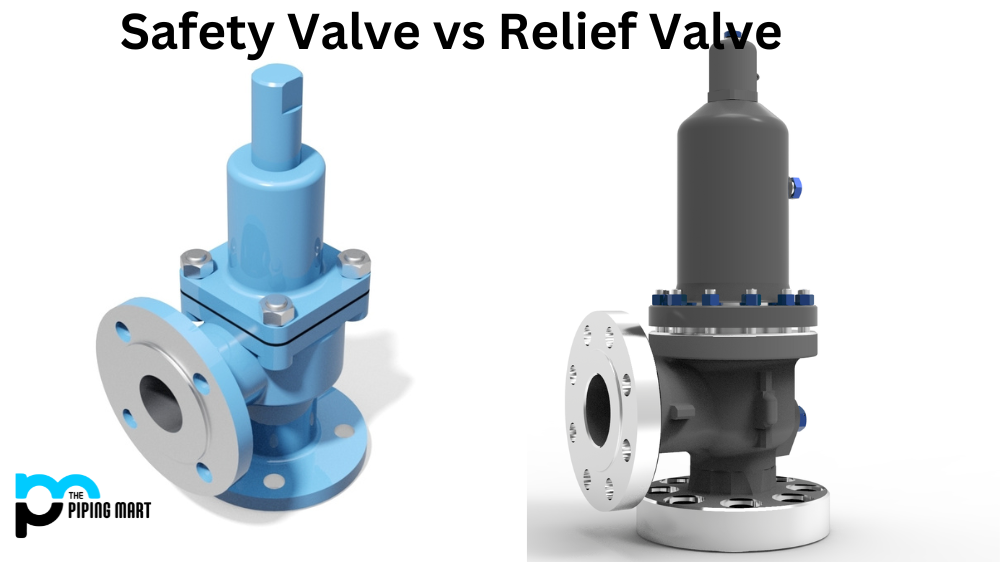CNC machines are computer-controlled tools used in a variety of manufacturing processes. While they can provide a great deal of convenience and accuracy, there are also some disadvantages to consider before purchasing or using one. Let’s look at the advantages and disadvantages of CNC machines so that you can make an informed decision on whether they’re right for your business.
6 Advantages of CNC Machines
The main advantage of using CNC machines is their accuracy. Unlike manual machining processes, which require a high level of skill and experience to consistently produce accurate results, CNC machines use computer software to complete complex tasks with very little human interaction. This reduces the chance of errors and increases the speed at which parts can be produced. Additionally, CNC machines are able to produce parts with very tight tolerances, meaning that parts produced with a CNC machine will fit together perfectly without any additional machining or finishing required.
Another advantage is that once a program has been written for a part, it can easily be reused over and over again without any additional input from the operator. This allows manufacturers to produce large quantities of parts quickly and efficiently while still maintaining high-quality standards. Additionally, because most programs can be stored digitally, they can be shared between different machines or locations with ease.
Increased Accuracy
CNC machines are able to achieve much higher levels of accuracy than traditional manual machining methods. This is because CNC machines are controlled by computers, which can execute precise movements with great repeatability. This increased accuracy can lead to better-quality products and reduced scrap rates.
Increased Productivity
CNC machines are also much more productive than traditional machining methods. This is because CNC machines can operate for longer periods of time without needing to be stopped for operator intervention. Additionally, CNC machines can often be configured to work on multiple parts simultaneously, further increasing productivity.
Reduced Setup Time
Another advantage of CNC machines is that they often have shorter setup times than traditional machining methods. This is because CNC machines can be quickly programmed to produce a new part, while traditional machining methods often require complex setups that can take a significant amount of time to complete.
Increased Flexibility
CNC machines are also much more flexible than traditional machining methods. This is because CNC machines can be quickly reconfigured to produce different parts, while traditional machining methods often require dedicated setups for each part type. Additionally, CNC machines can often be equipped with a variety of tooling options, further increasing their flexibility.
Reduced Labor Costs
Another advantage of CNC machines is that they often require less operator labor than traditional machining methods. This is because CNC machines can be operated by a single operator, while traditional machining methods often require multiple operators to work in tandem. Additionally, CNC machine operators typically require less training than traditional machinists, further reducing labor costs.
Improved Safety
CNC machining also offers improved safety over traditional machining methods. With CNC machining, there is no need for workers to be in close proximity to moving parts or sharp tools. This reduces the risk of injuries and makes the work environment safer for everyone involved.
6 Disadvantages of CNC Machines
The main disadvantage of using CNC machines is that they require a significant investment in both time and money. Writing programs for complex parts require an experienced programmer who knows how to write code specifically tailored to the machine being used. Additionally, these machines require frequent maintenance in order to keep them running properly; if proper maintenance isn’t performed regularly, then parts may not be produced accurately or as quickly as expected. Finally, because these machines are so advanced, operators must have extensive training in order to understand how to use them properly and safely; this means that new employees may need additional training before they’re able to work with the machinery effectively.
Initial Cost
One of the primary disadvantages of CNC machines is the initial cost. CNC machines can be quite expensive, and the costs can vary depending on the specific machine and the features that it offers. Additionally, businesses will often need to purchase additional software and training in order to use a CNC machine properly.
Maintenance Costs
CNC machines also require regular maintenance in order to function properly. The specific maintenance requirements will vary depending on the make and model of the machine, but they can be quite costly. Additionally, if a CNC machine breaks down, it can be very expensive to repair.
Limited Uses
CNC machines are also limited in terms of the tasks that they can perform. While they are capable of performing a wide variety of tasks, there are some tasks that they cannot do. This means that businesses will often need to purchase multiple CNC machines in order to have all of the capabilities that they need.
High Skill Level Required
Another disadvantage of CNC machines is that they require a high level of skill to operate properly. CNC operators must be highly trained and experienced in order to use the machines effectively. This can make it difficult for businesses to find qualified employees to operate their CNC machines.
Dependence on Electricity
CNC machines also require a constant supply of electricity in order to function properly. This means that if there is a power outage, businesses will not be able to use their CNC machines until power is restored.
Requires Regular Maintenance
Another disadvantage of CNC machining is that it requires regular maintenance. Unlike traditional machining methods, which can operate for years without requiring any maintenance, CNC machines must be regularly serviced to keep them running properly. This regular maintenance can add cost to businesses that use this type of technology.
Conclusion:
CNC machines offer many advantages when compared with manual machining processes; however, there are also some disadvantages that should be considered before investing in this type of equipment. With careful consideration given to both the advantages and disadvantages listed above, you should have enough information available to make an informed decision about whether or not this type of machinery is right for your business needs. Regardless of your decision, though, it’s important to remember that proper maintenance practices should always be followed when operating any type of equipment in order to ensure safety and accuracy when producing parts or components for your customers.

Meet Bhavesh, a seasoned blogger with a wealth of knowledge and experience. From metal products manufacturing to retail, Bhavesh has a diverse background in various industries and is dedicated to sharing his insights and expertise with readers.




